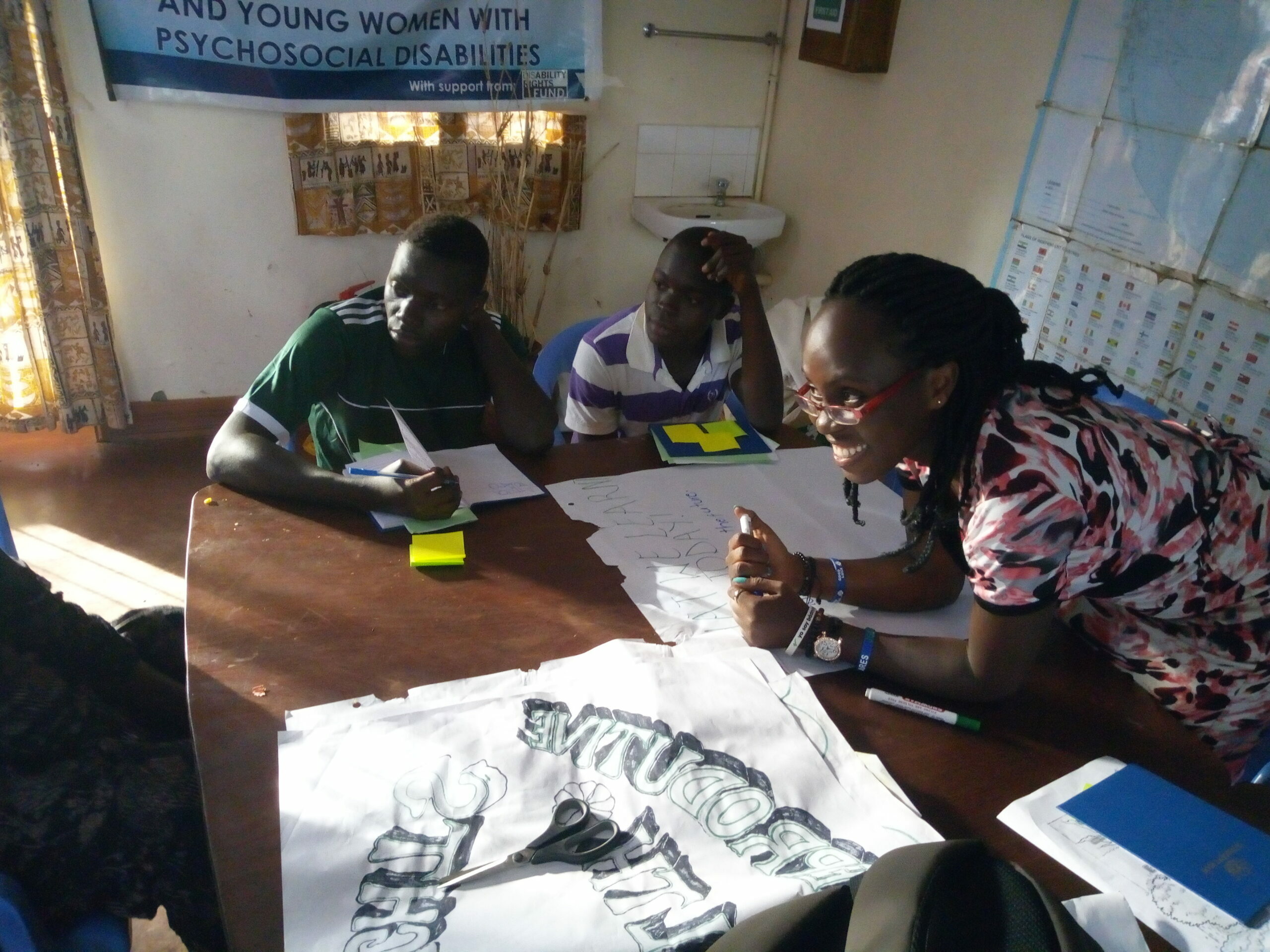
News
Speaking Up About Mental Health
Play audio version
Meet DJP Fellow Esther Suubi
June 27, 2021
Esther Suubi is an educator and advocate for those with psychosocial disabilities, especially in her home country of Uganda. Born in a small town near Kampala, she found herself battling depression in her adolescence in a country where those with psychosocial disabilities are often considered incapable and unable to amount to anything in society. Undeterred by Uganda’s views, Suubi’s family provided her with all the care they could, which led her to Triumph Uganda Mental Health Support and Recovery Program (TRIUMPH) in Jinja. TRIUMPH’s mission is to “contribute to the process of enhancing recovery, building resilience and investing in social networks for inclusion of persons with psychosocial disabilities.” At TRIUMPH, Suubi was welcomed with open arms, receiving the support she needed.
Now, as a graduate of Uganda Christian University Mukono with a Bachelor of Arts in mass communication, she has continued pushing to destigmatize psychosocial disabilities with her work at TRIUMPH, where she serves as a self-advocate in peer education and communications, focusing on young women and adolescent girls. When Suubi is not leading sessions and training others, she is writing and proposing policies about mental health and sexual reproductive rights to key stakeholders in Uganda. Most recently, last November she presented a policy paper on access to sexual and reproductive health rights and services for adolescent girls and young women with psychosocial disabilities.
I decided to stand up and fight for my fellow girls and young women by speaking up so that we are heard.
Esther Suubi
With a strong interest in journalism, digital media, and social change, Suubi eagerly applied to participate in the Disability Justice Project’s fellowship program to gain one-on-one mentorship focused on enhancing her storytelling skills to benefit her work at TRIUMPH and beyond. Her goal is to build a personal social media following and campaign to raise awareness of the mental health disparities in Uganda and around the world. “I decided to stand up and fight for my fellow girls and young women by speaking up so that we are heard,” she says. “Many girls and young women are out there suffering and can’t speak up, but it won’t keep me silent.” Suubi continues, “As a mental health advocate…I want to see how I can use my social media handles…to be a representative out there.” The fellowship program will give her access to resources and mentorship that she has not had before, and Suubi is hoping she will be able to utilize social media and documentary-style videos to get her message out.
Suubi has deep love and passion for the work she is doing and will take on with the fellowship. With her expanded social media presence and the knowledge she gains from the Disability Justice Project, she is hoping to one day be the founder and director of her own organization, where she can connect with companies and other organizations about psychosocial disabilities and reiterate to them what she already knows to be true: persons with disabilities are able to do the work and enact change when given the chance.
News From the Global Frontlines of Disability Justice
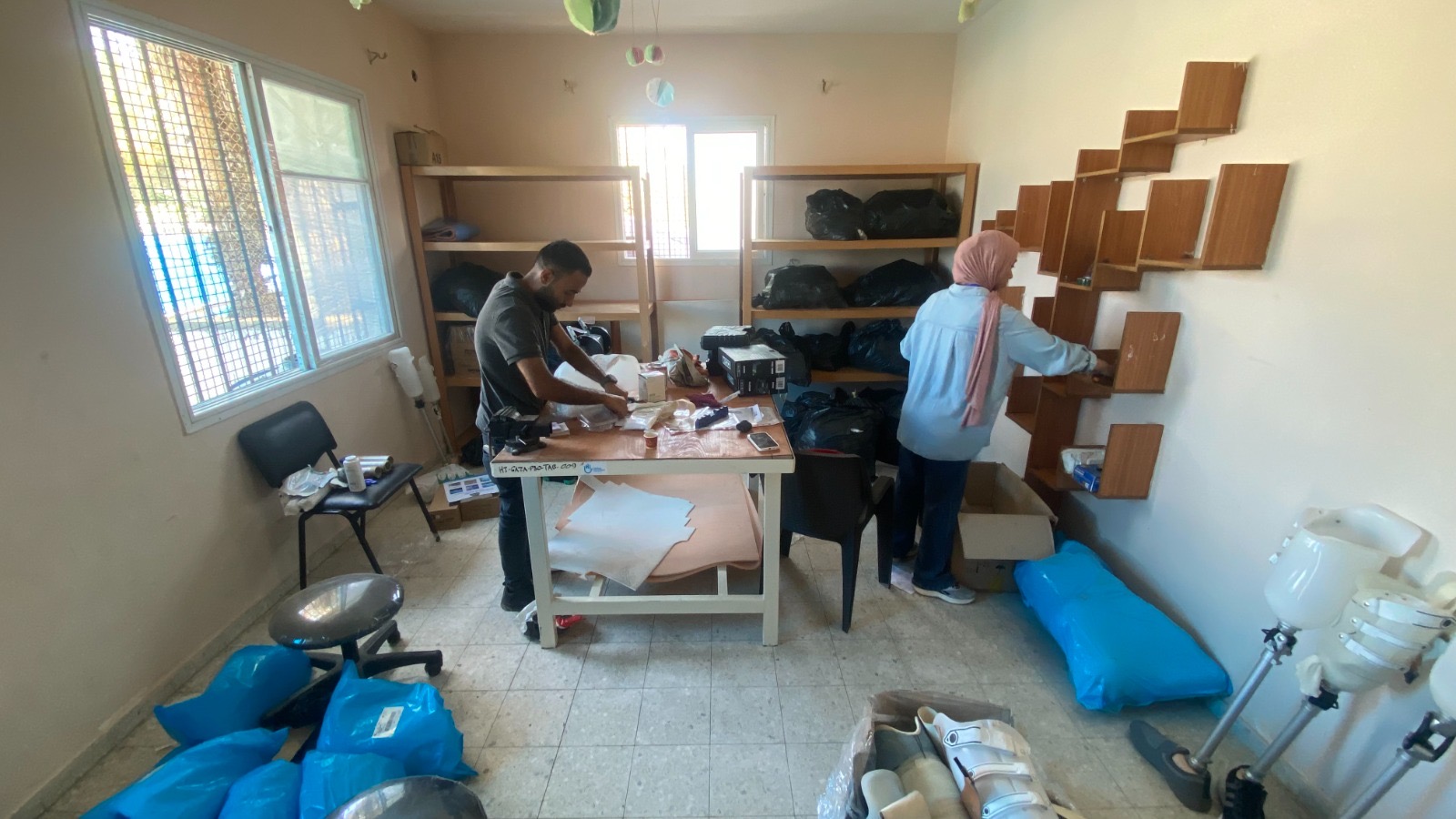
Gaza’s Amputees
At the Nahla Prosthetics & Orthotics Center in Gaza, staff wake up each day wondering if it’s safe to open before treating a handful of people in need of new limbs, adjustments, or psychosocial support. With famine declared in Gaza City and aid restricted, the center faces mounting shortages of materials and trained technicians. “Our colleagues call the situation a nightmare with no end,” says Zaid Amali, Humanity & Inclusion’s senior advocacy officer in Palestine.

‘People like Me Can Dare to Dream of Standing Upright’
Rwanda’s decision to cover prosthetic and orthotic services under national health insurance is being hailed as a milestone for disability rights. Advocates say it marks a shift toward greater inclusion and access to essential mobility aids. “This is more than a health policy,” says Jean Baribwira. “It is dignity, inclusion, and hope.” For many, the change represents long-overdue recognition of mobility as a basic right.
Read more about ‘People like Me Can Dare to Dream of Standing Upright’

More Than Words
In Nigeria, native sign languages like Yoruba, Hausa, and Igbo Sign Language are far more than communication tools. They are living expressions of Deaf identity and culture. While often dismissed as unsophisticated or “pidgin,” these local variants foster deep connection, creativity, and self-expression among Deaf communities, particularly those left out of formal education. “It isn’t something one can learn online,” says Douglas Izu. “One learns it through deep immersion in the adolescent Deaf community.”
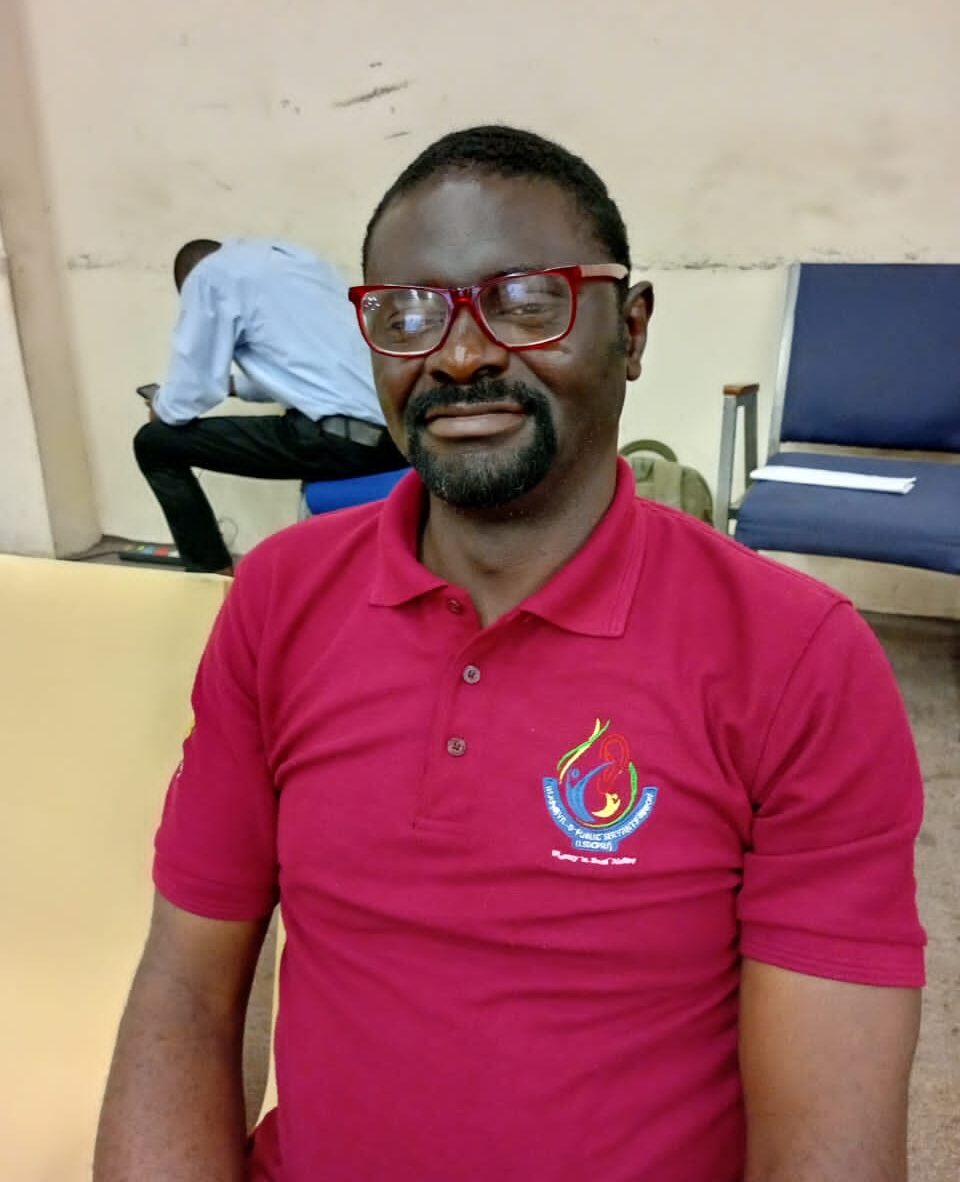
From Isolation to Advocacy
Nigeria’s DeafBlind community has long lacked recognition, but the launch of the Deaf-Blind Inclusive and Advocacy Network marks a turning point. Led by activist Solomon Okelola, the group seeks to address communication barriers and a lack of support. Among those affected is John Shodiya, who once thrived in the Deaf community but struggled with belonging after losing his sight.
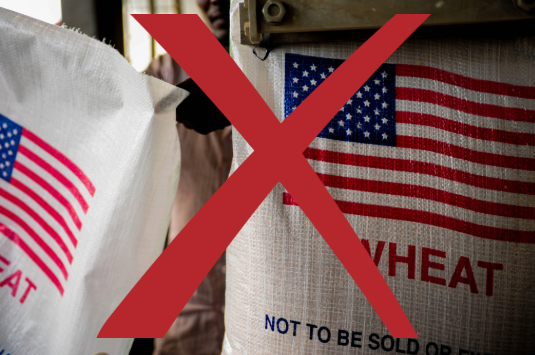
Disability Aid Disrupted
The Trump administration’s 90-day pause on USAID funding has had far-reaching consequences, particularly for disabled people and organizations worldwide, including members of the Disability Justice Project (DJP) community. Activists from Nigeria, the Democratic Republic of Congo, and Rwanda report severe disruptions, deepening challenges for marginalized communities, especially disabled people facing conflict, poverty, and structural discrimination.
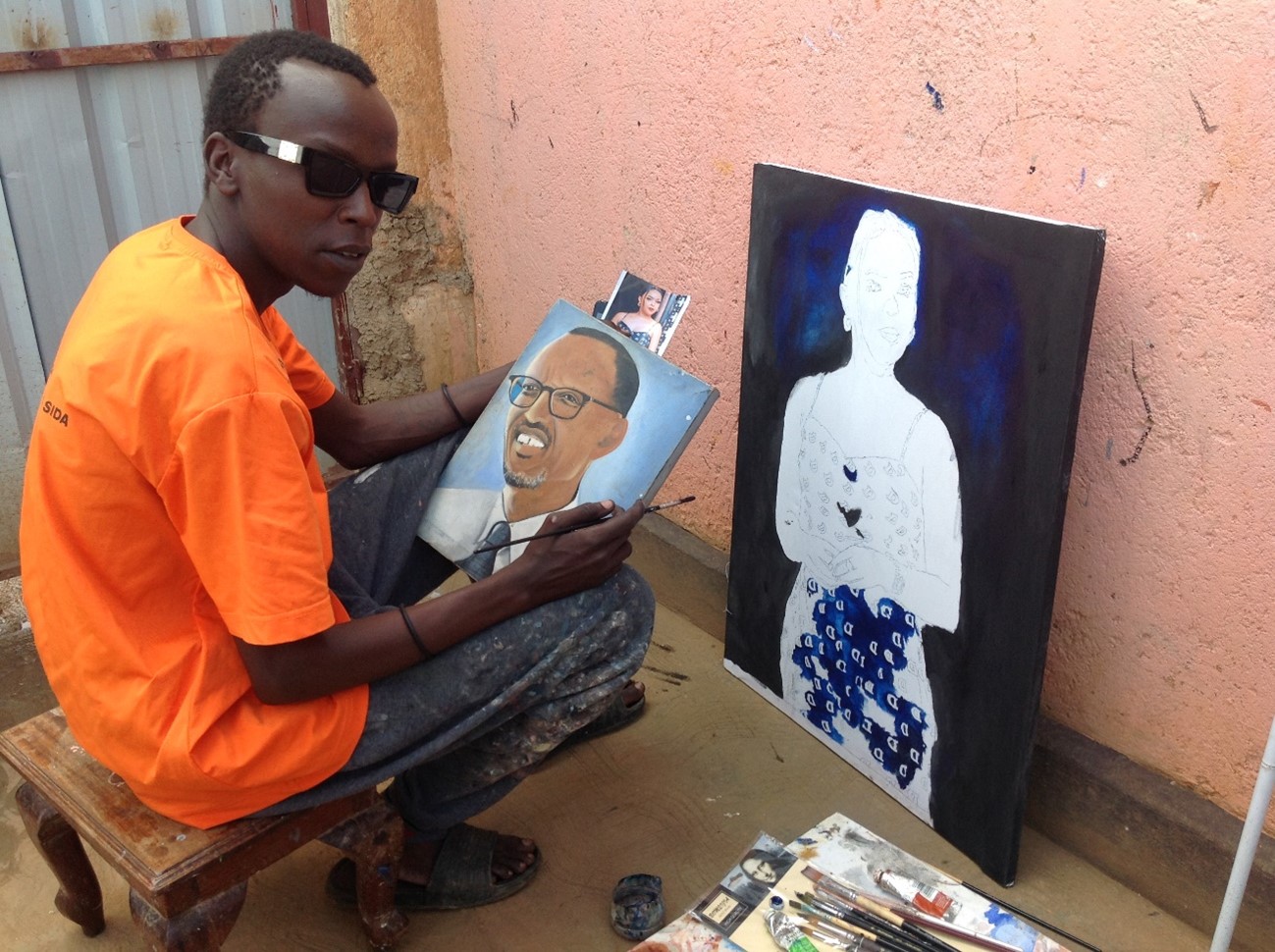
A Life’s Work
After losing his sight, artist Jean de Dieu Uwikunda found new ways to create, using a flashlight at night to outline objects and distinguishing colors by their scents. His story, along with that of DeafBlind sports coach Jean Marie Furaha, is rare in Rwanda. While over 446,000 Rwandans have disabilities, a 2019 study found that only 52 percent of working-age disabled adults were employed, compared to 71 percent of their non-disabled counterparts.